When moving in Dubai, there are many things to consider. The rental process here differs greatly from other countries, and therefore can become quite confusing. Mintaga has compiled an initial checklist that will assist you in saving some time and effort, helping you to paint a clearer picture on the process.
All real estate activities are regulated by RERA. It is important to know that the Real Estate Regulatory Agency is a section of the Dubai Land Department that regulates the real estate market within Dubai. RERA sets policies, makes plans for the property sector with the aim of boosting foreign investments and settles any disputes between tenants and landlords. Its responsibilities include licensing real estate agents operating in Dubai, regulating and supervising the owners’ associations managing various buildings in the emirate and registering and regulating rental agreements.
1 - A Tenancy Contract
A tenancy contract is a standardised short-term letting contract created by Dubai Land Department (DLD) in 2017. The aim of this contract is to protect the rights of both tenants and landlords during short-term lettings. Before moving into a property it is imperative to have an official tenancy contract. This contract formalizes the agreement between landlord and tenant, acting as a point of reference should there be a dispute in the future.
Before signing a tenancy agreement, it is crucial to take some steps to ensure the contract is legitimate. It goes without saying to read through the terms stated on the contract. An important factor to consider is the contract mentioning that the landlord is responsible for any major repairs. The landlord is required by law to do this unless otherwise stated, therefore this is particularly important factor to include.
Other than this; establish the landlord is truly the owner of the property through checking the name on the title deed and cross checking this name with the one on their passport. (In the UAE it is common practice to ask for a copy of the landlords passport). Similarly, the landlord must sign the contract themselves, guarantee this by signing the contract together, with zero exceptions.
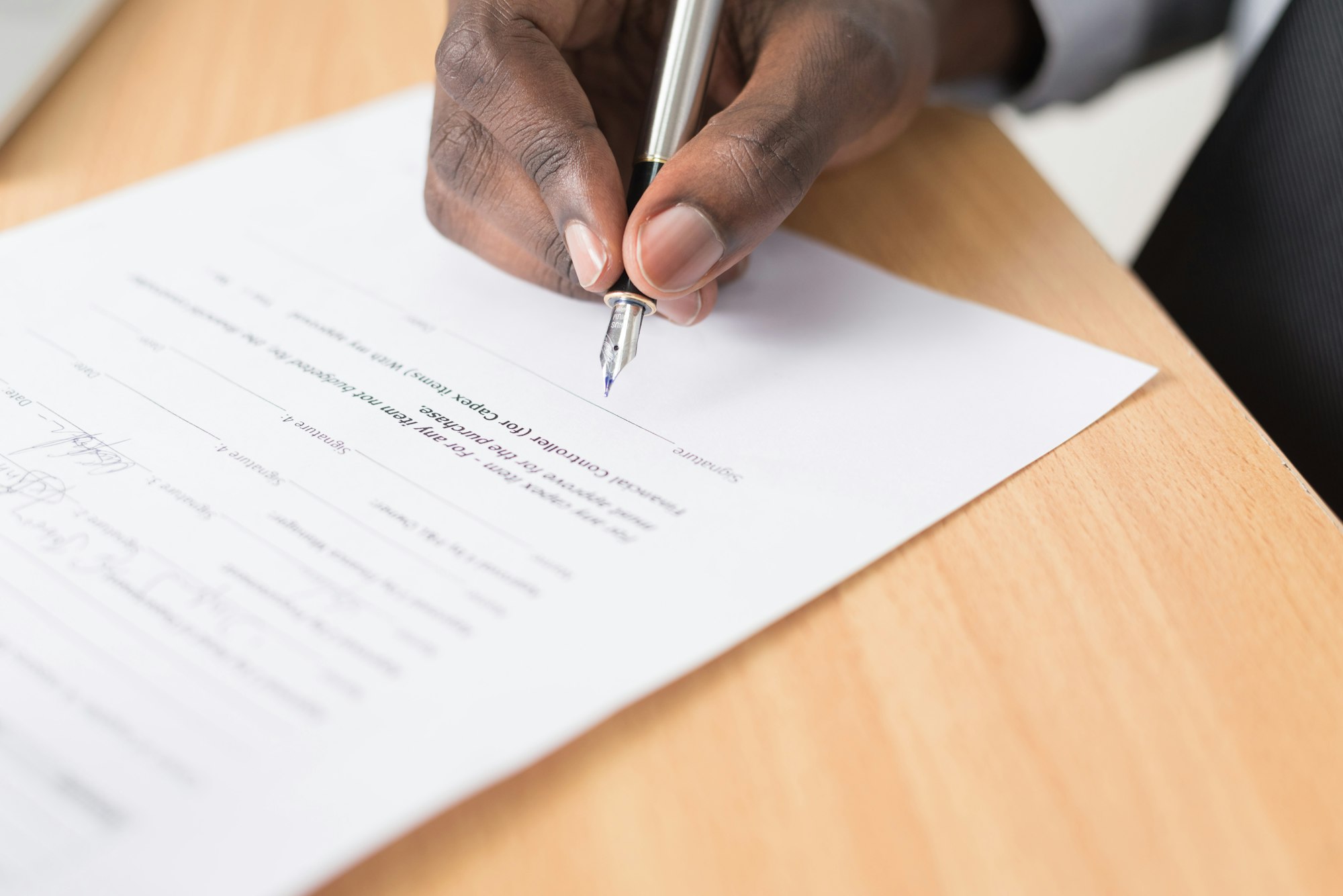
To view the Land Department tenancy contract, click here to download the pdf.
2 - The Ejari
Ejari means ‘My Rent’ in Arabic and is an initiative put into place by RERA to regulate and facilitate the Rental Market of Dubai. The main motive behind this system is to legalise the relationship between landlords and tenants, with the aim to prevent any potential unpleasant interactions between the two parties. Should any disputes take place, Ejari guarantees your right to go to court as a tenant.
Ejari registration is mandatory, and typically will fall under the responsibility of the landlord. Having said this, the tenant completes the process and pays the required fees (AED 220).
There are several facilities to register your Ejari via typing centers throughout the UAE. Al Manara center is relatively central in Dubai. Be aware the opening hours are 7:30 - 14:30, and respectful clothing must be worn (covered shoulders and knees). Alternatively, the Ejari may be registered online, or via the official Ejari app that can be downloaded on apple or android. It is cheaper to register via the app - AED 172 rather than AED 220 - in order to do this, your landlord must also be registered on the app, so they can approve the uploaded documents. Once approved the Ejari certificate will be given in two working days.
The following is a list of documents required to register your Ejari;
- Original signed tenancy contract
- Security deposit receipt
- Tenant’s Passport (for non-GCC countries nationals)
- Tenant’s UAE Visa (for non-GCC countries nationals)
- Tenant’s Emirates ID
- Copies of landlord’s passport (if individual)
- Copy of a valid power of attorney document (if the contract has been signed by a PoA). Power of attorney documents must be renewed every years to remain valid.
- Copy of title deed of the rented property
- 9-digit DEWA Premises Number (or copies of recent DEWA bills/Green bill accepted)
- DEWA bill and previous Ejari if you are renewing
- Trade license (in the case of commercial properties)

To avoid disruption and make the process as smooth as possible, ensure the previous Ejari is cancelled. This is done by the former tenant, landlord, property management company or real estate agency. This has to be done as The Ejari does not cancel automatically upon expiration of the previous tenancy.
Click here to go to the government website that explains the procedure of obtaining an Ejari.
3 - Dewa
DEWA (Dubai Electricity and Water Authority) is the sole supplier of electricity and water within Dubai, providing residents with reliable utilities. It is recommended when moving to a new apartment or villa your DEWA is applied for as soon as you have the tenancy contract signed and your Ejari number is authorized.
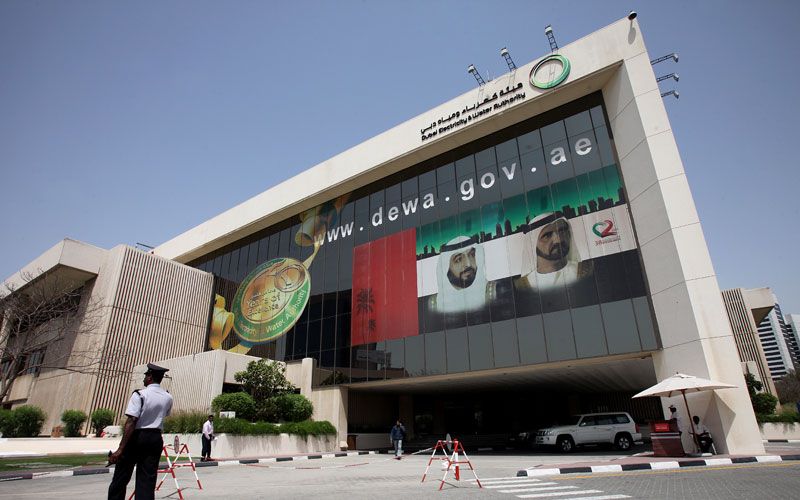
You can register with DEWA both online or by going to a Customer Happiness Centre or Customer Contact Centre.
To register online you must set up an account on DEWA’s Consumer Login page.
Once an account has been created you will need to fill in the online application form with all the required information and upload;
- Valid Ejari (for tenants)
- Title deed (for owners)
- Emirates ID
- Passport copy (for GCC Nationals / investors)
When this has been completed and the security deposit has been paid the utilities will be switched on within 24 hours.
To register with DEWA offline, the process is slightly different. Firstly go to one of the customer happiness centres and collect an application form for DEWA services. Then submit the completed application form with the required information;
- Ejari Number
Once this has been completed you then need to pay the security deposit at the pay counter, making sure you keep the security deposit receipt. The supply will then be activated within 15 hours of registration and payment of security deposit.
For official DEWA instructions click here.
To view all information on required documents, deposit amount, service fees, etc. download the service guide and read page 36.
If you have any issues or enquires you can get in touch with the round the clock contact centre by calling +971 4 601 9999.
4 - Setting up your Phone, Internet & T.V
The only providers of communication services in the UAE are Du and Etisalat. It was previously thought a tenant must use the provider your home was pre wired to, however presently you have the choice of either Du or Etisalat. The process of setting up a provider differs for each company, the following is a breakdown of what is required for each.
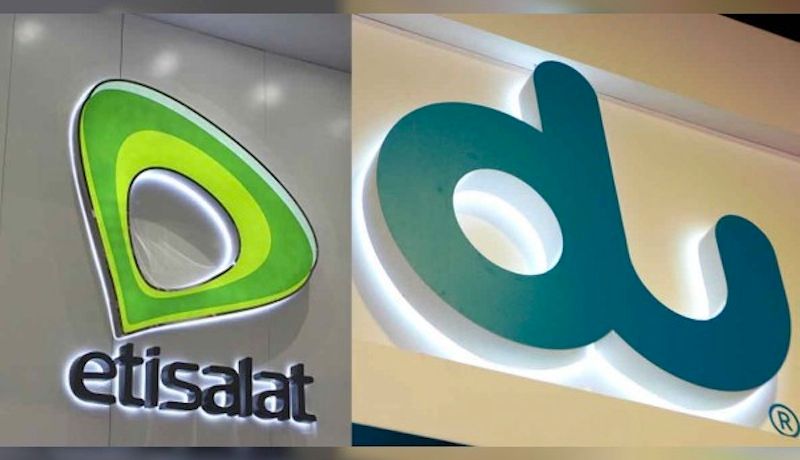
Etisalat
To view the available packages provided by Etisalat click here.
One prerequisite of Etisilat services is that the user must be a resident of Dubai. Additionally the tenant must have a landline from Etisalat. Other than this prior to setting up the tenant must provide these documents;
- Completed application
- Passport with residency stamp included, and two copies.
- Emirates ID (original and copy)
- Tenancy agreement (original and copy)
Du
The procedure for Du is largely similar to that of Etisalat. Many new developments in Dubai are serviced by Du, and are therefore pre wired to offer Du’s packages.
In order to sign up for Du, a tenant must prepare;
- Passport (original + copy)
- Tenancy agreement (original + copy)
- Completed application form (which can be found at any Du office)
- A user must reside in a building or area currently serviced by Du.
Typically setting up an internet connection takes a week from the received application form, and involves organising an engineer to install a connection in your home. The billing tends to be monthly, and can be paid online via the relevant internet providers portal.
5 - Knowing your rights
Tenancy Contract
Ensure you are utilising the aforementioned official tenancy contract created by the Dubai Land Department. This format was introduced in 2017 to replace the wide variety of formats previously used. If any amendments are made to the contract, it needs to be agreed upon by both parties, and the changes need to be registered with RERA.
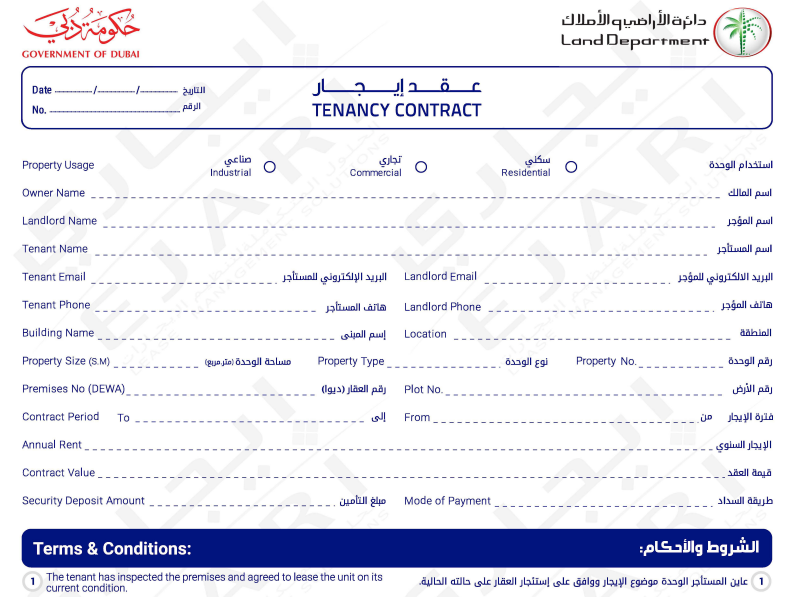
The Condition of a Residence
According to the law,
“The landlord will be bound to hand over the Real Property in good condition, which allows the Tenant full use as stated in the Tenancy Contract".
However, the parties may agree upon renting an unfinished Real Property provided that the Tenant agrees to complete the construction.
It is the tenants responsibility in the contract to inspect the premises to make sure they are happy with the current condition of the premies, at this point any issues should be highlighted to the landlord.
Article 15 of Law no. 26 of 2007 as amended by Law no. 33 of 2008. (Page 77)
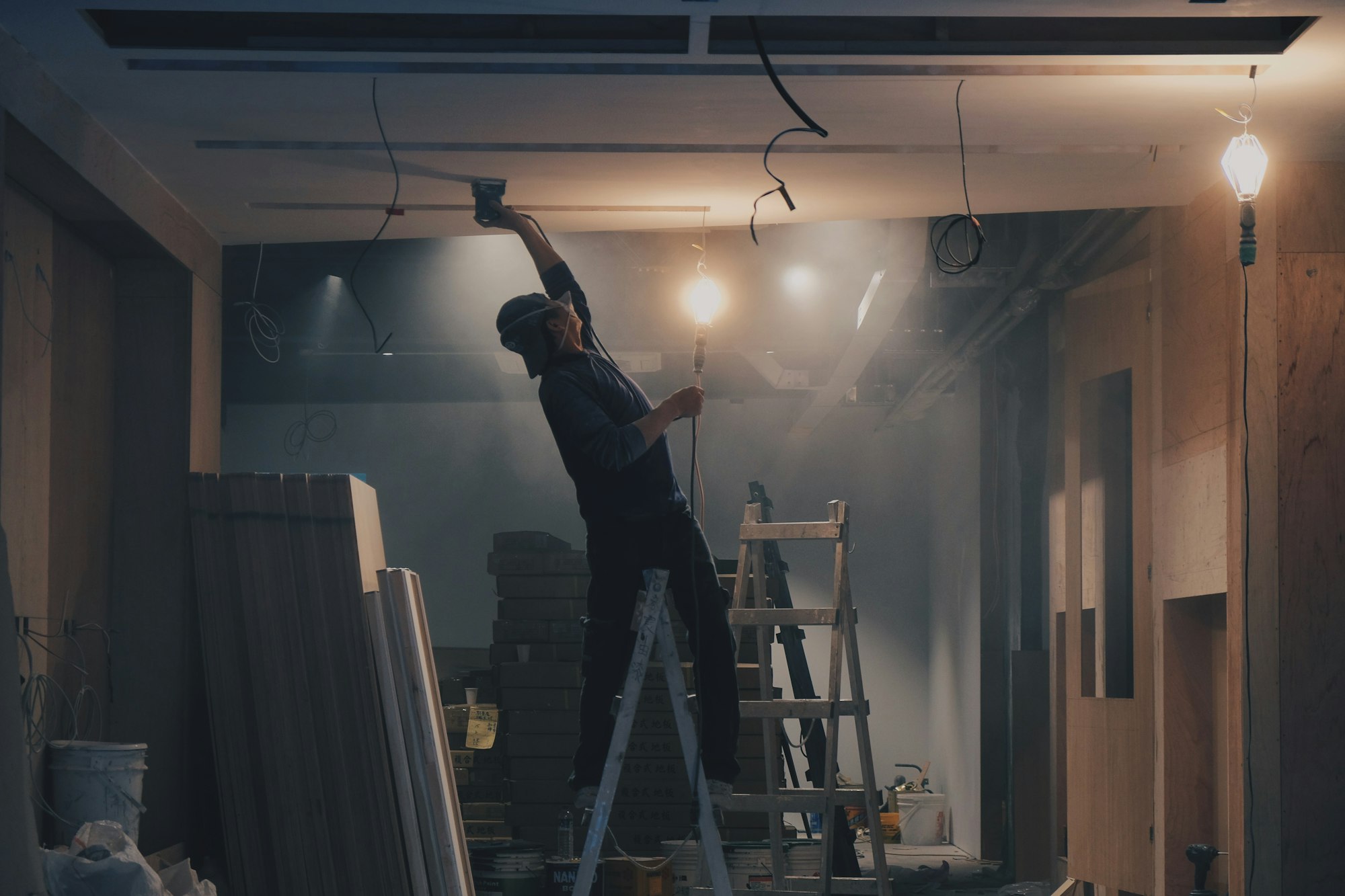
Who is responsible for maintenance?
Unless otherwise agreed upon by both parties, it is the responsibility of the Landlord to maintain the property and repair any defects or damage that may affect the tenants use of the property.
Article 16 of Law no. 26 of 2007. (Page 106)

Rental Prices
In order to asses whether you are overpaying for a property check the RERA Rental Increase Calculator. The calculator was created in 2013 to prevent sudden increases in the rental market, by limiting the amount rent can increase yearly.

When renting in Dubai as a landlord or tenant it’s important to know your rights. Here is a list of three important documents that govern the regulations behind the standardised tenancy contract and your rights:
- Click here to view Law no. 26 of 2007 as amended by Law no. 33 of 2008. This law regulates the relationship between landlords and tenants in Dubai.
- Click here to read Decree no. 26 of 2013. This established the Rent Disputes Settlement Centre, which caters to and solves all sorts of rental disputes in Dubai.
- Click here to read Decree no. 43 of 2013. This law specifically governs rent increase in Dubai. Per this law, a tenancy contract needs to include details of landlord and tenant, details of the relevant property, the purpose of tenancy, the term of tenancy, amount of rent decided and payment terms.
6 - Use Mintaga
Before undertaking these steps, it is important to be sure your new home is right for you. Some problems are difficult to see initially, however can become apparent in a matter of weeks or months after having moved in. As a result, before deciding on a new home, you should always check Mintaga. Our users leave reviews based on past and current experiences, therefore you have a direct, unbiased insight into what it's like to live in these buildings/communities. With this extended knowledge, you can make a more informed decision on your next home. Visit Mintaga to browse the reviews, or if you have a useful insight, pay it forward by leaving a review and contributing to the community.

Summary
As you can now see, the processes involved with moving home can be time consuming, and somewhat expensive. The time taken to complete these tasks can be extended greatly if documents are forgotten, or the process is completed wrong. These procedures are unavoidable, and necessary to ensure you are living legally, and safely in your new home. If prepared for well, they can be competed efficiently. Similarly, it is imperative to have a base knowledge of your rights as a Tenant to ensure you are renting as fairly as possible.
